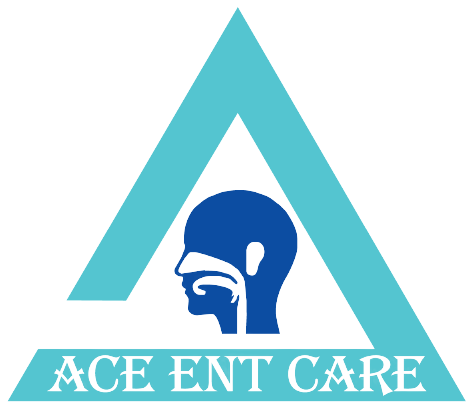The health of your nose and sinuses plays a crucial role in your overall well-being, influencing your ability to breathe, smell, and even sleep. Rhinology is a specialized field within otolaryngology that focuses on the diagnosis and treatment of conditions affecting the nose and sinuses. From nasal congestion to sinus infections and nosebleeds, a rhinologist can help address a wide range of issues to improve your respiratory health.
What is Rhinology?
Rhinology is the branch of medicine dedicated to the study and treatment of diseases and disorders related to the nose and sinuses. Conditions affecting the nose, such as nose bleeding or sinus problems, can have a significant impact on daily life. A rhinologist, or an ENT specialist with expertise in this field, is equipped to provide diagnosis, treatment options, and advanced therapies for nose and sinus conditions.
Common Nose and Sinus Conditions
Several conditions can affect the nose and sinuses, causing discomfort and potentially leading to more severe health problems. Among the most common illnesses that rhinologists treat are:
- Nosebleeds (Epistaxis): Frequent or heavy bleeding may require medical attention. Treatment includes cauterization, moisturizers, and managing underlying conditions.
- Sinusitis: Sinus infections cause pain, congestion, and facial tenderness. Treatment includes antibiotics, nasal steroids, and potentially surgery.
- Nasal Congestion: Can be caused by colds, allergies, deviated septum, or nasal polyps. Treatment includes humidifiers, saline sprays, and decongestants.
- Deviated Septum: Blocked nasal passages due to a shifted septum. Treatment includes medications or septoplasty.
- Allergic Rhinitis: Triggered by allergens. Treatment includes antihistamines, nasal sprays, and allergy shots.
- Nasal Polyps: Soft growths causing congestion and loss of smell. Treatment includes nasal steroids and potentially surgery.
Effective Treatments for Nose and Sinus Conditions
There are several effective treatments available for addressing common nose and sinus issues. If you’re struggling with nasal or sinus problems, it’s important to consult with a rhinologist to find the best solution for your condition.
- Nasal Rinse: Rinse nasal passages with saline solution to remove mucus, allergens, and irritants. Relieves congestion and inflammation.
- Night time Relief: Use a humidifier, saline sprays, or decongestant sprays (use cautiously). Consult a rhinologist for chronic issues.
- Medications: Over-the-counter options include antihistamines, nasal steroids, and decongestants. Stronger medications may be prescribed by a rhinologist.
- Surgery: May be necessary for conditions like deviated septum, chronic sinusitis, or nasal polyps.
Improves airflow and reduces infections.
When to See a Rhinologist
If you’re experiencing chronic nose bleeding, persistent sinus problems, or difficulty breathing through your nose, it’s important to see a rhinologist. Seeking treatment from a specialist ensures that you receive an accurate diagnosis and appropriate care tailored to your needs.
Conclusion
The health of your nose and sinus (rhinology) is integral to your overall well-being. Whether you're suffering from a stuffy nose, sinusitis, or recurring nosebleeds, a rhinologist can provide effective treatments to relieve your symptoms and improve your quality of life. From nasal rinse solutions to treatment for blocked nose at night, there are various ways to address your condition and restore comfort. If you are dealing with ongoing issues, don’t hesitate to consult with a specialist and explore your treatment options.


